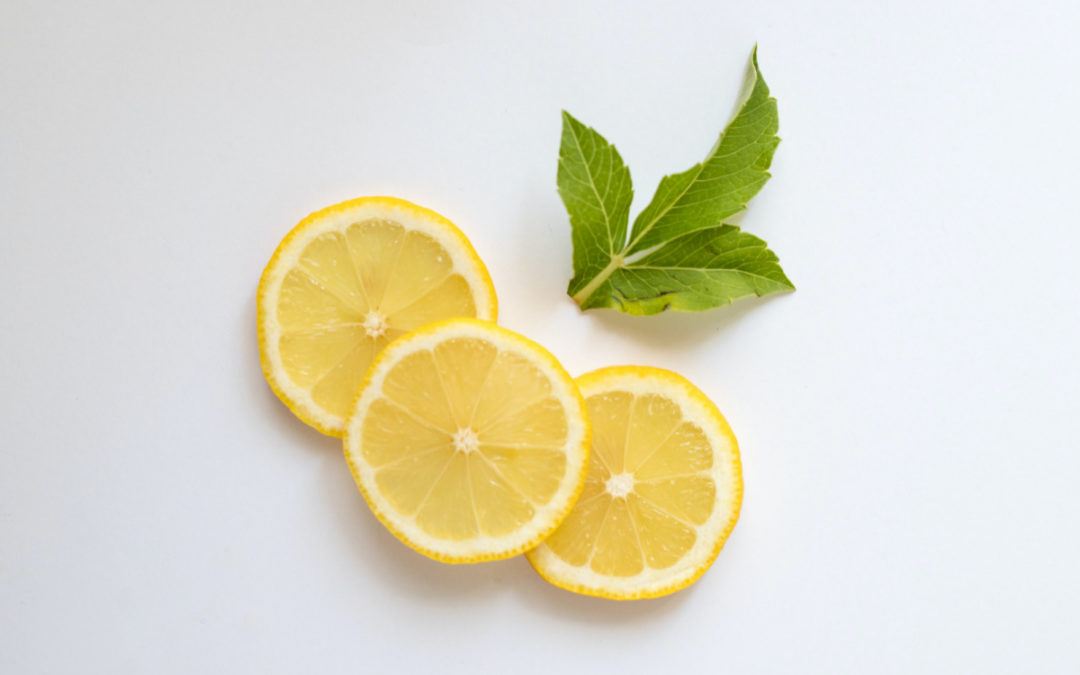The eyes of all look to you, and you give them their food in due season. You open your hand; you satisfy the desire of every living thing. ~ Psalm 145:15-16 ESV
At the start of a New Year, many resolve to do something new. Maybe they are going to read a certain number of books or walk a number of miles or eat better and exercise more or the list can go on and on. Often the goal to “get healthier” is somewhere on the list.
I’m planning to teach a class in the new year and it will be part Bible Study, part Health Class, part Science, part Agronomy and I’m sure we may end up talking about a few other topics as well. As many of you know, I drastically changed the way that I eat in August of 2018. Most visibly, I lost around 140 lbs. But, with my doctors help, I have gotten off all my medication and I simply feel a lot better.
For any resolution to work, you have to know “why” you are doing it. For me it was the combination of not wanting to be tied to prescription medication and the fact that I want Sarah and I to grow old together. And, we simply weren’t on that path. Since then, with the removal of medication, my “why” includes learning as much as I can about why my change in diet did all of the things it did. I am also learning how the way I eat can effect our climate. I have also learned that most of what I am learning isn’t supported by Big Food or Big Pharma. These two industries have a lot of influence about what we are told to eat each day.
I think God had a better plan and when we eat closer to what God had in mind our health will improve. God definitely gave us the ability to think and reason and we have created many things that have improved our lives. We know that God looked at the things that God created and called them good. But not everything we have made is “good” and it’s important that we acknowledge this truth as well.
The class will begin on Tuesday, January 12th at 6:30pm. We will meet in person in the community center or via zoom and the videos will be available following each class. The class will go for at least 6 weeks. Some topics may take more time and we won’t rush through it. Below is the title and an outline for the topics that will be covered. The class will be conversational because we can all learn from one another and the questions that we might have on these topics. We’re also bound to head down a “rabbit hole” or two.
The “-ologies” of Food
Session 1: The Theology of Food (What does God have to say about food?)
Session 2: The Sociology of Food (What are the ethical questions to consider about food?)
Session 3: The “Farmacology” of Food (How can food effect our climate?)
Session 4: The Biology of Food (How can food help or harm our health?)
Session 5: The Pharmacology of Food (How can food be like a drug?)
Session 6: The Microbiology of Food (How the bacteria in our body can help or harm us?)
God’s Peace,
Pastor Steve

